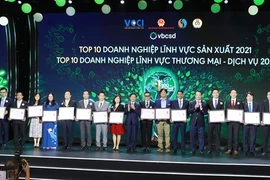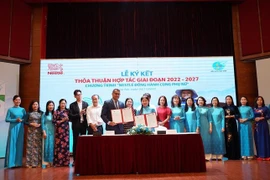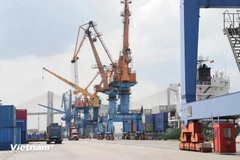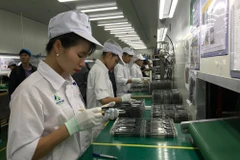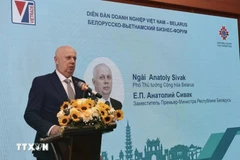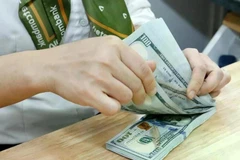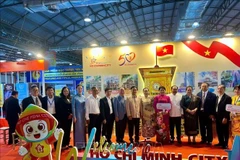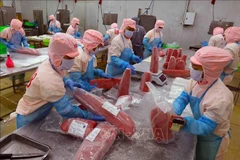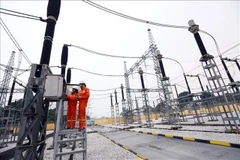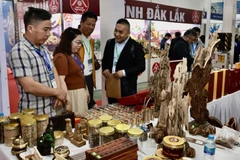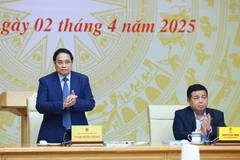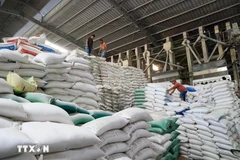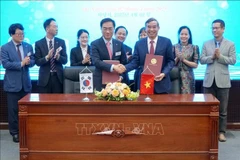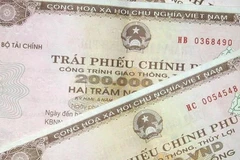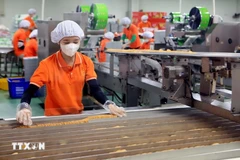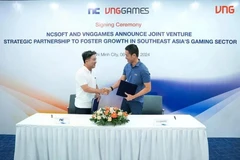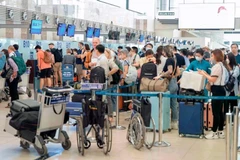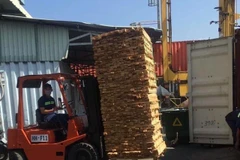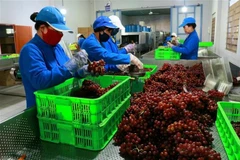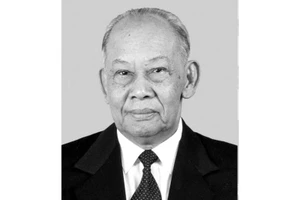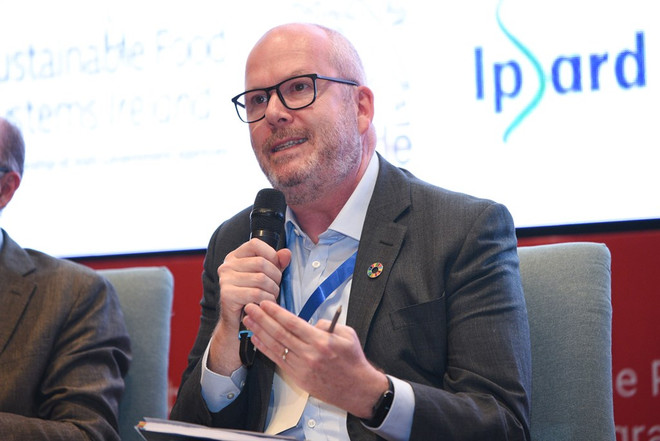 Chris Hogg, head of Sustainability and Communications for Asia, Oceania, and Sub-Saharan Africa at Nestlé (Photo: VNA)
Chris Hogg, head of Sustainability and Communications for Asia, Oceania, and Sub-Saharan Africa at Nestlé (Photo: VNA) Hanoi (VNA) – The Swiss multinational food and drink processing conglomerate Nestlé is helping farmers in many countries, including Vietnam, to shift to regenerative agriculture in order to protect the environment and improve their living standard, community and consumers, a representative of the group announced on April 26.
Accordingly, Nestlé has implemented many initiatives to promote regenerative agriculture for livestock and farming. It commits to sourcing half of its key ingredients through regenerative agriculture methods by 2030.
Nestlé recently announced the Nescafé Plan 2030 to support the transition to this kind of agriculture and help realise the firm's commitment to net-zero emissions by 2050. Vietnam is one of the seven main markets where the Nescafé Plan 2030 is being implemented.
This involves about 600,000 farmers around the world, mostly smallholders, and each region and farm are unique, so regenerative farming practices are designed by Nestlé or its agricultural experts to suit the different conditions. However, these practices remain easy to implement at a reasonable cost and can be replicated across different regions.
In Vietnam, the plan was launched in 2011, and it has successfully attracted 21,000 coffee farmers in the Central Highlands. The scheme has contributed to improving the quality of Vietnamese coffee bean, while also helping to increase farmers' incomes by 30-100% and reducing CO2 emissions per kilogramme of harvested coffee.
Chris Hogg, head of Sustainability and Communications for Asia, Oceania, and Sub-Saharan Africa at Nestlé, said the shift aims to protect and contribute to the restoration of the environment and enhance the farmers' livelihoods.
Hogg said that to ensure the efficiency of the transition, farmers and farmworkers should be put at the focus when programmes are designed.
The initiatives need to benefit communities and the planet, he stressed, adding that the biggest challenge when applying new farming methods is the trust of the farmers - the decisive factor for the success of the transition.
He cited that any changes must bring real benefits to farmers, society, and the environment. Therefore, Nestlé has piloted the programme on a small scale to evaluate its effectiveness before scaling it up to create a really positive impact, thereby gaining the trust of farmers. Multilateral cooperation will help governments, organisations, and the private sector to understand regenerative agriculture. As a result, farmers can receive proper advice and guidance to replicate the model.
At the same time, the company also applies the training the trainer method. Accordingly, each group of 50-100 farmers will appoint a representative to participate in the Nestlé training programme. This representative will then retrain the members of their farmer group.
However, there are many other challenges in converting agricultural models to make them more sustainable. It is difficult to convince farmers to change their farming habits that have existed for many generations. For example, they do not believe that reducing the use of inorganic fertilisers improves soil quality, which in turn increases crop yields. In Vietnam, the Nescafé Plan course has proven to reduce the amount of irrigation water by 40 % and the amount of chemical fertilisers and pesticides by 20%, while still ensuring crop yields.
The Nescafé Plan is implemented by Nestlé in Vietnam through a public-private partnership model in cooperation with the Ministry of Agriculture and Rural Development, the Agricultural Extension Centre of the Central Highlands, and the Western Highlands Agriculture and Forestry Science Institute./.


